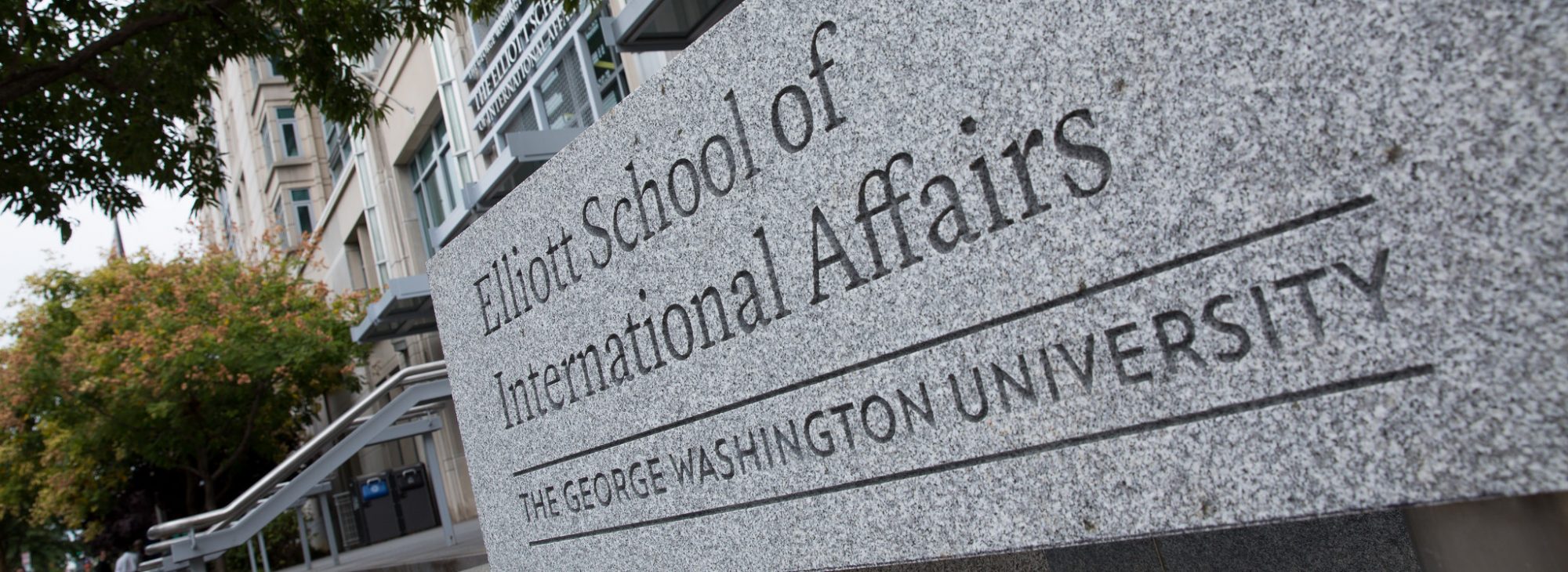EDUC 6640.12 Migrants, Refugees, and Higher Education Issues (CRN 74455)
Prof. Bernhard Streitwieser
Tuesdays, 5:10-7:00pm
Within the last five years, the global refugee population has increased by a staggering 65%. By the middle of 2019, the United Nations High Commissioner for Refugees (UNHCR) recorded 25.9 million refugees worldwide, and 70.8 million globally displaced people, the largest numbers in the agency’s history and unprecedented since the end of World War II. While meeting urgent humanitarian needs is the primary concern of refugees following displacement, beginning or resuming education is often an immediate next step for successful integration. Returning to an educational routine is part of a larger process of providing pathways for integration into the host community and serves as a powerful counterweight to the trauma of forced migration. With renewed educational perspectives, refugees have been found to be resilient and ambitious learners, even while facing extraordinary challenges. This introductory course is intentionally wide ranging in its coverage of the issue of migration, refugees, at-risk migrants, and education at various levels. Some of the course will be based on my intensive research of the recent German and U.S. scenarios, but also look much further. Students will gain the knowledge and tools necessary to discuss and address some of the following questions: What has been the history and trajectory of migration over the past century? What defines and differentiates refugees and at-risk migrants in a range of different countries today? What impacts are different initiatives and programs in a variety of settings having? What can society, institutions, and individuals do? Students in this course will read broadly, review data and indicators to assess migration challenges, and be look at case studies comparatively in the U.S., Europe, Asia, Latin America and Africa. Students will read academic literature, study reports, hear from guest speakers, and analyze media discussion as they formulate writing assignments and presentations throughout the semester.


